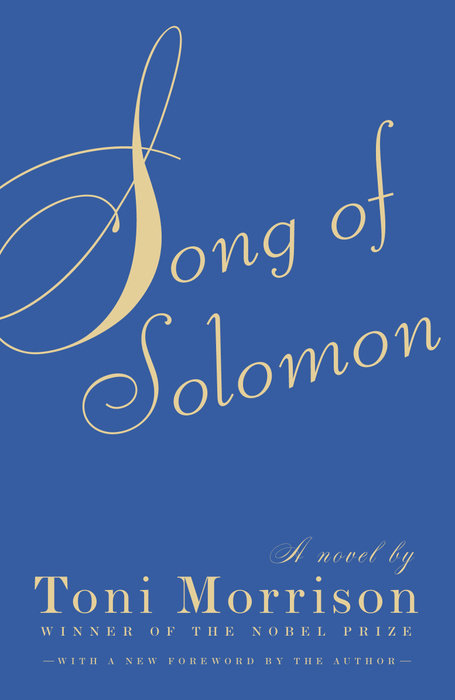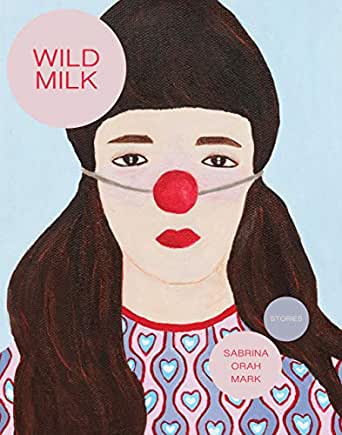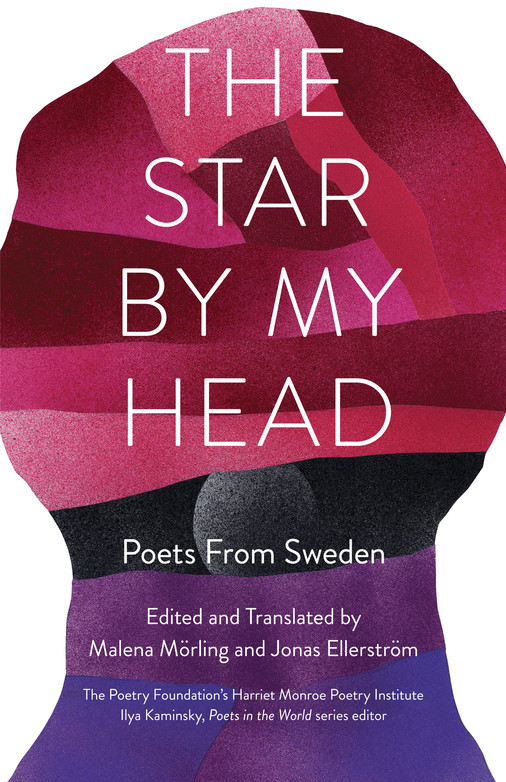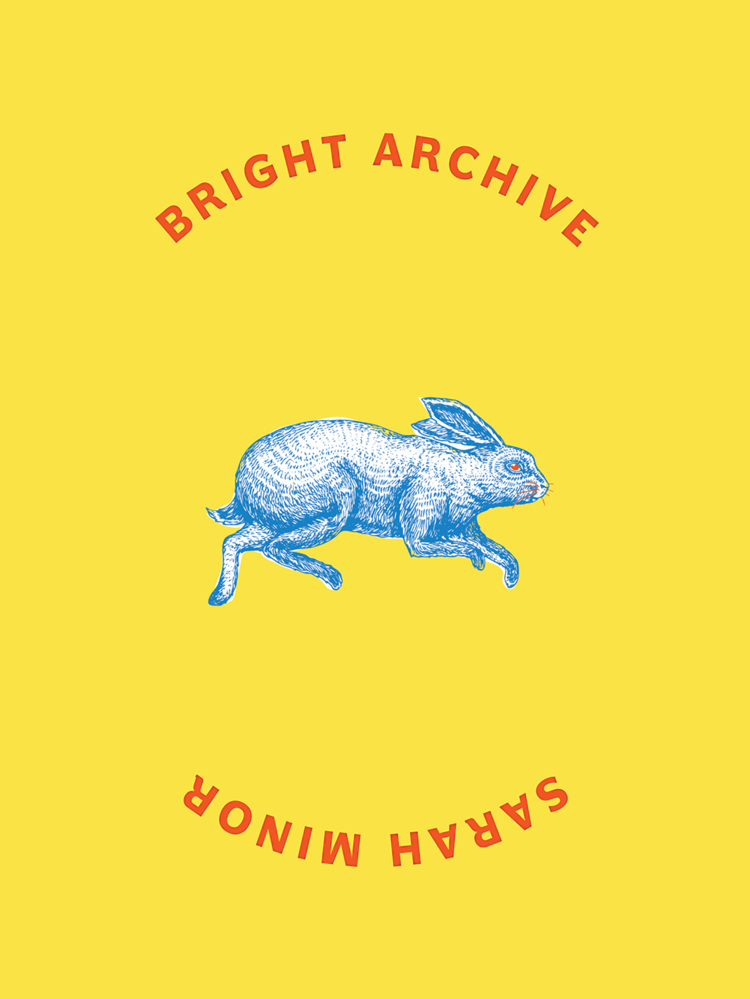Back in January — what appears from this vantage to be a more innocent (and ignorant) time — my partner and I decided to form our own two-person book club and to spend 2020 taking turns selecting books from a “100 Greatest Novels of All Time” list we found on the interwebs. Since I was just turning in my dissertation in advance of my defense and my grad-student reading commitments were finally winding down, taking on this kind of prescribed and relationship-centered reading project felt like a supreme luxury. Little did I know that as all hell broke loose with the pandemic in March — leading to six weeks of sheltering in place with our almost-three-year-old in my parent’s spare room in another state, income loss, the death of a family-member, purchasing a house, and coordinating and executing an interstate move — the reading project would end up providing a welcome sense of structure and predictability. Our progress has been, not-surprisingly under the circumstances, rather slow (I think it took us a full two months to get through Moby Dick), but that has only added to the pleasure, ensuring the sense that there will be un-checked titles on our shared google spreadsheet for the pandemic-fraught months to come.
In between these hallowed tomes, I’ve been interspersing other volumes of interest. White Fragility by Robin Diangelo, for instance, The Feather Thief by Kirk Wallace Johnson (since I’m writing a book about feathers), and various poetry collections that I’m encountering for the first or fifteenth time.
What follows is an assortment of titles currently on my nightstand or in my Kindle that feels most vivid to me at the moment:
SONG OF SOLOMON
BY TONI MORRISON
Why, oh why, did no one force this book upon me before now? The characters are so vivid, the writing so lush and smart, the relationships so deep and complex and unsettling. In the introduction, Morrison writes that she approached this novel very differently from her previous books. Firstly, it was delivered to her, muse-like, by her recently-deceased father in answer to the question, “What are the men you have known really like?” And secondly, because she was writing primarily about men rather than women, she chose a more linear, “old-school heroic” narrative structure: “A journey, then, with the accomplishment of flight, the triumphant end of a trip through earth, to its surface, on into water, and finally into air.”
This sense of epic journey, of a classic bildungsroman in which Milkman, Morrison’s protagonist, attempts to make his way in a world that had already decided who he was before he was even born, is wonderfully juxtaposed with Morrison’s insistence, common to all of her work, on decentering the white gaze. I love how Morrison’s books speak to me (a white reader) without speaking to me, and thus allow me to learn my way into other histories, other homes, other worlds.
I’ll also posit that Pilate, Milkman’s aunt, is one of the great characters in all of literature. Here’s how we first see her, through young Milkman’s eyes:
They found her on the front steps sitting wide-legged in a long-sleeved, long-skirted black dress. Her hair was wrapped in black too, and from a distance, all they could really see beneath her face was the bright orange she was peeling. She was all angles, he remembered later, knees mostly, and elbows. One foot pointed east, and one pointed west.
For me, Pilate alone was worth the price of admission.
WILD MILK
BY SABRINA ORAH MARK
When poet Sabrina Orah Mark’s essay, “Fuck the Bread. The Bread is Over.”, appeared in The Paris Review in May, I think 20% of the people I’ve ever known sent me a link. For reasons I can’t possibly fathom, Mark’s piece about motherhood, the academic job market, coronavirus, fairy tales, and general futility made a lot of people think of me. They read, “In February, as a plague enters America, I am a finalist for a job I am not offered. I am brought to campus for a three-day interview. I am shown the library I’ll never have access to, and introduced to students I’ll never teach. I shake hands with faculty I’ll never see again. I describe in great detail the course on fairy tales I’ll never offer” and they thought Sarah Rose.
My best friend from childhood, Jasmine, is one of the people who sent me the essay, and she is the one who suggested I read Wild Milk.
Feral, surreal, with a deep connection to the unconscious and the body, Wild Milk is Mark’s first book of fiction. In these short short stories, dream logic and fairytale logic usurp conventional cause and effect. The narrator of each story is generally caught mid-way in some dilemma she neither created nor can see her way out of, one that must play out, over and over it seems, until, perhaps, she learns the magic word that will release her from its thrall. In one story, the narrator’s mother calls her endlessly from the dentist. In another, “Tweet,” — a surreal dramatization of social media — the speaker must keep “following the Rabbi” because her friends are doing it. In the titular story of the collection, the best I think, the teacher at the narrator’s son’s daycare leaves her the message “We cannot give your boy his bottle. The milk you left was wild. Please bring better milk.”
I’m still midway through this one, but feel confident recommending it to people who don’t always mind listening to other people talk about their dreams.
MOBY-DICK
BY HERMAN MELVILLE
I tried to read this book a decade or so ago when I was on fellowship in Provincetown (one was compelled to do all the whalethings there), but I wasn’t able to stick with it all the way through. The endless diversions and exegeses and book reports therein became too much of a slog, and I thought, anyway, that I already knew the ending.
Not so. My partner and I read it this spring during the blossoming weeks COVID. After checking out two copies of the novel from the University of Cincinnati’s library shortly before it closed down for a couple of months, we spent many nights reading next to each other in my parent’s guest bed in North Carolina, as if our faces were camping under matching tents. I admit that I still did some skimming, but the end of the book, once I made it there, gave me the transcendent novel-reading moment that one hopes for.
The overarching reminder that “Nature” doesn’t give two toots about anyone in particular, including all humans in general, ended up being appropriately terrifying and comforting, in turn, during those first intense weeks of coronavirus lockdown.
HOUSEKEEPING
BY MARILYNNE ROBINSON
Another from the “greatest of all time” list, I just finished reading this novel last week. I love how moody it is, how the slow swirl of silence and water Robinson creates in the fictional Fingerbone, Idaho, is a place I can keep returning to in my mind. So many of the sentences in this book are read-aloud gorgeous. My partner and I took turns sharing our favorites with each other, in awe of how the images spiral gradually further and further out, until the final pages of the book seem, devastatingly, to be narrated from the emotional distance of space.
I chose to read Housekeeping, a book I’d of course been aware of for a long time, because I recently listened to a re-airing of Robinson’s conversation with physicist Marcelo Glesier on the On Being podcast. As an admirer-of and believer-in and writer-about science myself, I’m always interested in hearing how other artists and writers talk about science. Smart and droll and curious, Robinson was very appealing in that interview. I now have her new book of essays, What Are We Doing Here?, on my to-read list.
THE STAR BY MY HEAD: POETS FROM SWEDEN
ED. AND TRANS. BY MALENA MÖRLING AND JONAS ELLERSTRÖM
I am a lover of modern Scandinavian literature, so I was excited to get my hands on Mörling and Ellerström’s anthology of Swedish poets. I bought it last year and skimmed around in it a bit, but now it’s back in my bedside bookstack for closer reading. Edith Södergran and Tomas Tranströmer have been favorite poets of mine for years, but this collection has allowed me to get acquainted with other important figures in Swedish poetry such as Gunnar Ekelöf and Kristina Lugn. Many of the poems in the book have the chilly, chiseled, diamond-like quality I was already familiar with in both Tranströmer’s and Södergran’s very different poems. Here is one by Lugn:
The nights have become bigger
and they continue to grow
soon there is no room for them
in my head anymore
and it was a while ago
that the kids were in touch
it was a while ago
I was a mean
and very privileged child
in my parents’ red brick house
everything I touched
belonged to someone else
and my parents were convinced that
they loved me
As a student of the Swedish language, I love the layout with the original Swedish and translated English side-by-side. And Mörling’s introduction to the volume gets me excited about the whole endeavor of poetry translation with this fantastic quotation from Tranströmer:
A poem is a manifestation of an invisible poem that exists beyond the conventional languages. Therefore, a translation of a poem into a new language is an opportunity to attempt to realize the original (invisible) poem.
BRIGHT ARCHIVE
BY SARAH MINOR
You know how you have one or two writer-artist friends who you’re pretty sure are actual geniuses? Sarah Minor is mine. Her nonfiction writing, which incorporates elements of “memoir, concrete poetry, archival research, interview, performance, and design in a radiant kaleidoscope of storytelling,” reorganizes the relationship between reader and text. Her topics of interest are so surprising and broad, and her ability to think about text as a space we move through is so sophisticated, there are few writers whose work I am more awed by in terms of intelligent invention. Bright Archive, her first full-length book, is available for pre-order through Rescue Press, and I can’t wait to have it in my hands.





